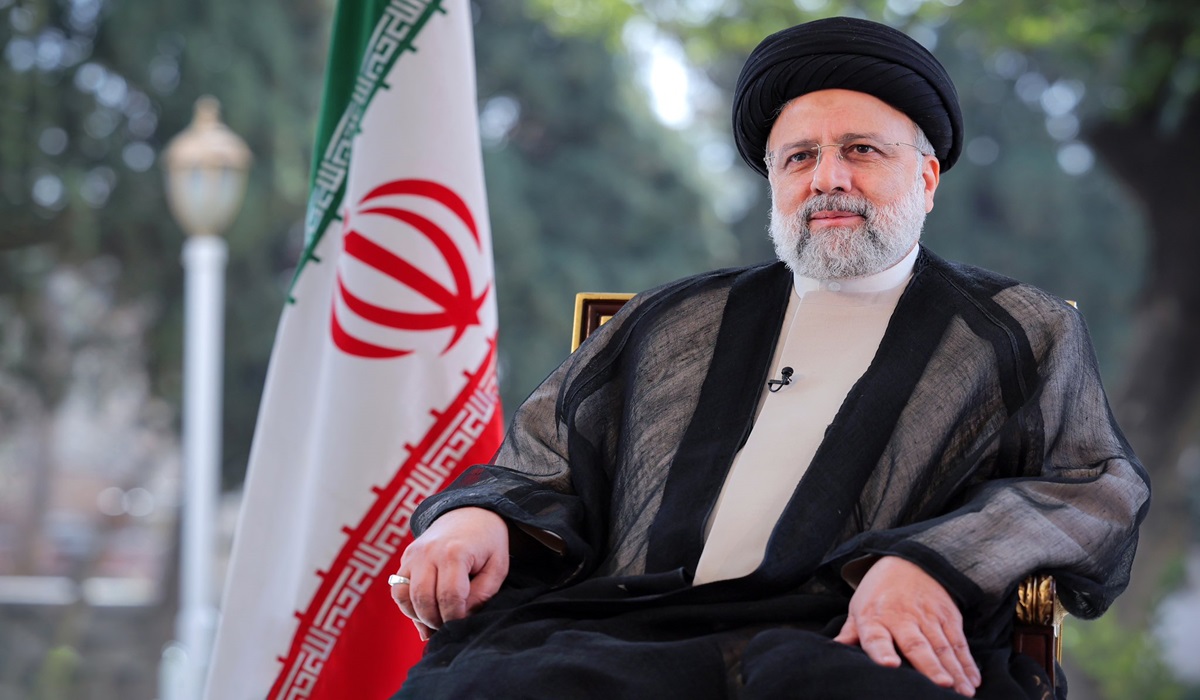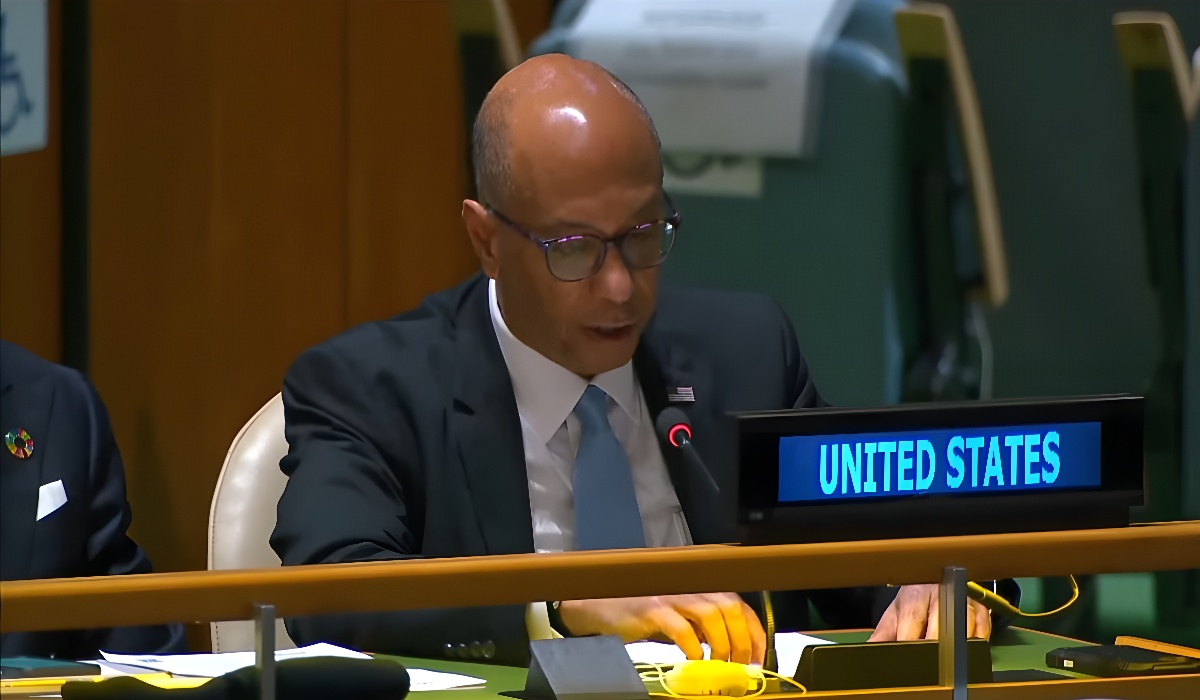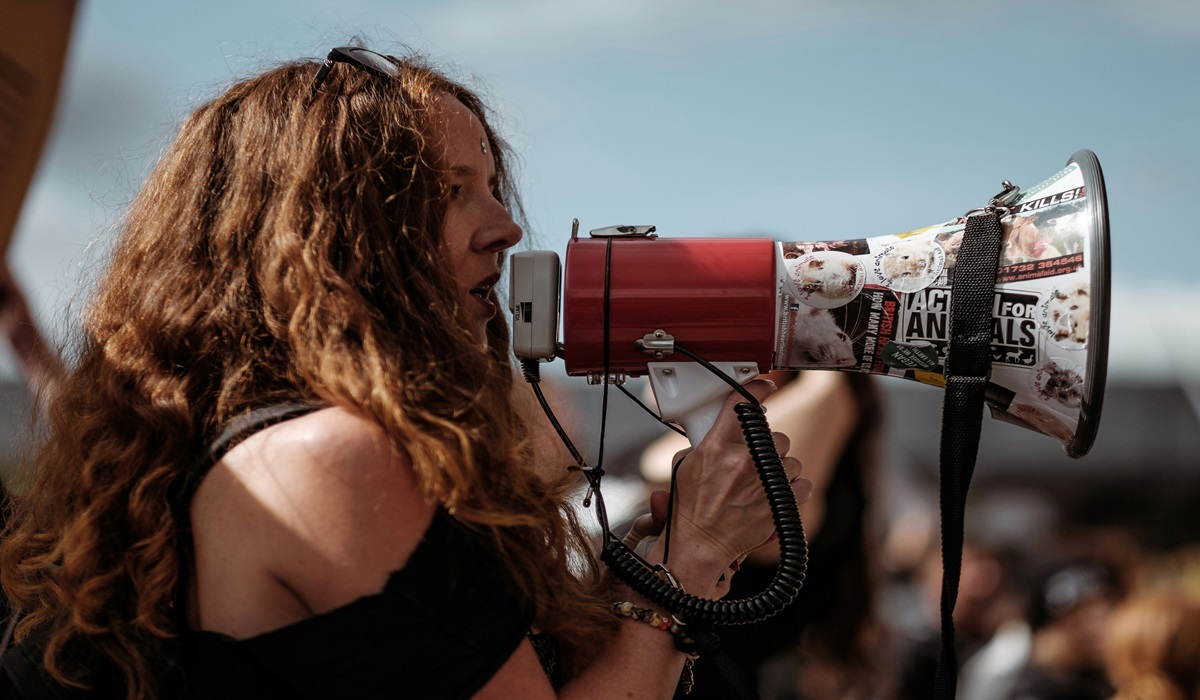The End of the Erin O’Toole Era: A Looming Succession Crisis for the Conservative Party of Canada
- TDS News
- Breaking News
- June 13, 2023

Erin O’Toole, Member of Parliament and former leader of the Conservative Party of Canada, bid a sombre farewell to his political career with his final speech in the House of Commons. O’Toole’s departure highlights a troubling trend for the Conservative Party—a lack of a clear succession plan. After former Prime Minister Stephen Harper’s defeat, the torch was passed to Andrew Scheer and then Erin O’Toole, who failed to secure victory against the Liberal government. This dearth of viable leadership candidates raises concerns about the party’s ability to find a successor to current leader Pierre Poilievre, particularly as the next general election looms.
The Conservative Party finds itself in a predicament as it struggles to identify standout candidates capable of leading the party effectively. While some individuals, including Leslyn Lewis, Derek Sloan, and Peter MacKay, have shown interest in leadership campaigns, history has revealed their lack of relevance in capturing widespread support. As the party faces an uncertain future, one name that emerges as a potential successor to Pierre-Poilievre is Michael Cooper, the Member of Parliament from Edmonton. Cooper is often seen as Poilievre’s apprentice but lacks charisma and has not had his name considered in public talks as a potential successor to Poilievre. However, the absence of a clear frontrunner further emphasizes the party’s struggle to find a charismatic and inspiring leader.
The current leader, Pierre Poilievre, is grappling with low popularity among the general population. His divisive rhetoric and antics on social media platforms and in media have failed to resonate with a broad spectrum of Canadians. While Pierre Poilievre’s style might appeal to a subset of the Conservative base, it is unlikely to propel the party to majority status in the upcoming election. The question remains: can his controversial approach sustain the party’s relevance and lead to electoral success, or will it contribute to yet another defeat at the hands of the Liberal Party?
With prominent figures like Erin O’Toole choosing not to seek re-election and the absence of an emerging dark horse within the party, the Conservative Party faces an uncertain future. The party’s old guard appears to be dwindling, leaving a leadership void that remains unfilled. As the next general election approaches, it becomes increasingly plausible that the Conservative Party, under Pierre Poilievre’s leadership, will again face defeat at the hands of the Liberals. Such a result would undoubtedly trigger another leadership race, adding to the ongoing uncertainty surrounding the party’s future.
The end of Erin O’Toole’s political era highlights the Conservative Party of Canada’s struggle to cultivate strong leadership and devise a clear succession plan. The party finds itself at a crossroads with no apparent star candidates and the current leader’s divisive reputation. It remains to be seen whether Pierre Poilievre’s approach can galvanize the party and lead to electoral success or if it will contribute to another defeat and subsequent leadership race. The Conservative Party must confront these challenges head-on and chart a path that addresses the lack of viable successors, strengthens its appeal among the electorate, and reinvigorates the party’s prospects in the ever-changing Canadian political landscape.








